Calcium Deficiency – Causes, Symptoms And Treatment
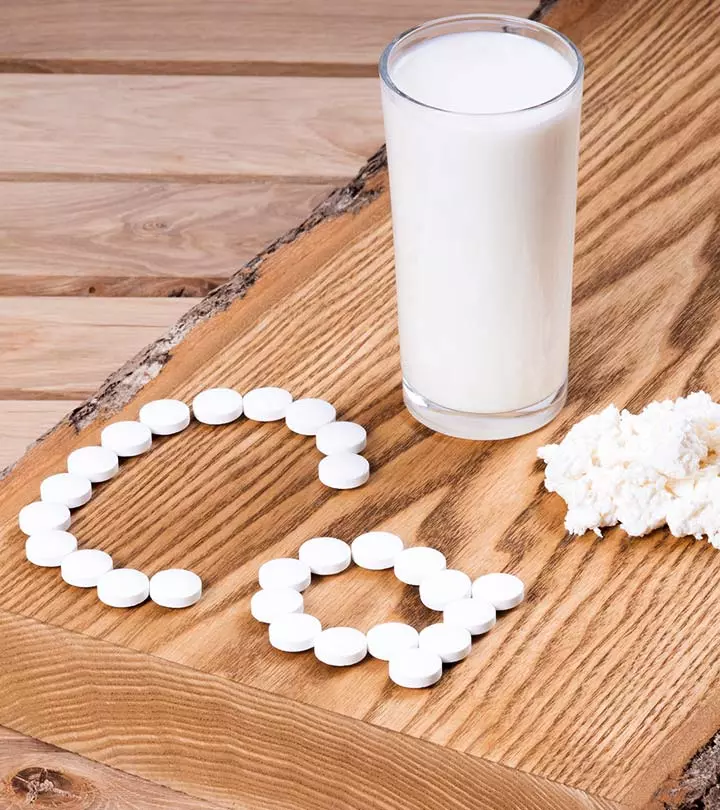
Image: shutterstock
If there is one thing in human body that almost every tissue and organ uses then calcium has to be it. Unfortunately, if you’re one of those who avert at the very thought of dairy products, think again! You may be putting yourself at a higher risk of calcium deficiency. Calcium is the most abundant mineral found in the human body and performs several important functions simultaneously. More than 99% of the body’s calcium is found in our teeth and bones; and the remaining 1% is found in the blood, muscles and the fluid within our cells.
In This Article
Why Is Calcium Important?
As the top macro mineral in the bones, calcium plays an important role in building strong bones. It is not only a primary structural constituent of the skeleton but is also widely distributed in the soft tissue. There calcium is involved in neuromuscular, enzymatic, hormonal and even other metabolic activities. The table given below shows the recommended dietary amount of calcium for different age groups.
| Age | Male | Female | Pregnant | Lactating |
|---|---|---|---|---|
| 0–6 months* | 200 mg | 200 mg | ||
| 7–12 months* | 260 mg | 260 mg | ||
| 1–3 years | 700 mg | 700 mg | ||
| 4–8 years | 1,000 mg | 1,000 mg | ||
| 9–13 years | 1,300 mg | 1,300 mg | ||
| 14–18 years | 1,300 mg | 1,300 mg | 1,300 mg | 1,300 mg |
| 19–50 years | 1,000 mg | 1,000 mg | 1,000 mg | 1,000 mg |
| 51–70 years | 1,000 mg | 1,200 mg | ||
| 71+ years | 1,200 mg |
Daily ingestion and proper absorption of calcium is necessary for maintaining optimum health. Calcium absorption depends upon the calcium needs of the body, the food eaten and the amount of calcium in the foods eaten. You can get enough calcium by eating a variety of foods rich in calcium such as milk and other dairy products, green, leafy vegetables, seafood, nuts and dried beans. Orange juice, breakfast cereals, breads and other fortified products also contain added calcium. High dietary calcium is vital for bone growth and formation.
What is Calcium Deficiency?
Calcium deficiency is a condition resulting from inadequate amounts of calcium in the body. It often occurs due to consumption of inadequate levels of calcium in the diet over an extended period of time. Deficiency of vitamin D, phosphorus and magnesium, all of which help in calcium absorption, can also cause dietary calcium deficiency. There are generally two types of calcium deficiencies namely
- Dietary Calcium Deficiency: This condition is caused due to inadequate calcium intake, which often leads to depleted calcium stores in the bones, thinning and weakening of the bones and osteoporosis.
- Hypocalcemia: This condition is characterized by low level of calcium in the blood. It often occurs as a side effect of medications, such as diuretics, medical treatments for diseases like renal failure or hyparathyroidism.
Hypocalcemia is not caused due to insufficient amount of calcium in your diet. This is because in case of such deficiency, the body will pull calcium from the bones to maintain normal blood calcium levels to perform vital body functions of the nerves, muscles, brain and heart. This ongoing calcium deficiency can eventually lead to thinning of bones and osteoporosis when the calcium stores in the bones are not replaced.
Causes Of Calcium Deficiency
There are several calcium deficiency causes and they differ depending upon the type of calcium deficiency.
A. Causes of Dietary Calcium Deficiency:
1. Inadequate Consumption of Calcium:
The most important cause of dietary calcium deficiency is failure to consume optimum amounts of calcium in your daily diet. Due to low levels of calcium in your blood, your body is forced to pull the required calcium from your bones to perform the vital functions. These calcium levels need to be restored to return calcium for the building of bones. When you do not consume the recommended amounts of calcium, it results in the depletion of calcium stores in blood and consequently thinning of bones.
2. Deficiency of Vitamin D, Phosphorus And Magnesium:
Nutrients like vitamin D, magnesium and phosphorus enhance calcium absorption and so deficiency of these can also lead to dietary calcium deficiency. Milk and other enriched products are rich in vitamin D, phosphorus and magnesium. Vitamin D is also produced by your skin on exposure to sunlight.
3. Menopause:
Menopause causes a decrease in estrogen levels. Estrogen helps to maintain calcium within bones. After menopause there is a fall in estrogen levels and a consequent increase in bone break down and absorption of calcium into bone.
4. Age:
As we age, our body becomes less efficient in absorbing calcium from foods. Therefore, elderly people require greater amounts of calcium.
5. Mal-absorption:
Proper absorption of calcium is necessary for performing the vital body functions. However, certain substances can interfere with the absorption of calcium.
- Consumption of excess amounts of fat, protein or sugar along with calcium results in the formation of an insoluble compound that cannot be absorbed.
- Insufficient vitamin D or excess intake of phosphorus and magnesium also adversely affects the absorption of calcium.
- Large amount of phytic acid found in unleavened grains can also inhibit calcium absorption.
- Calcium needs some form of acid for proper assimilation. In the absence of such an acid, the mineral cannot be dissolved and hence, cannot be used as needed by the body. Moreover, it may build up in tissues or joints causing several disturbances.
- Drugs like caffeine, diuretics, fatty acids, fiber oxalates, glucocorticoids, fluoride, Mylanta and thyroxin also affect absorption of calcium.
B. Causes of Hypocalcemia:
6. Hypoparathyroidism:
The parathyroid glands in the neck help in maintaining and regulating the body’s storage of calcium and phosphorus. Improper functioning of these glands can cause accumulation. Hypoparathyroidism is characterized by low levels of parathyroid hormone which results in calcium deficiency.
7. Medical Conditions:
Certain cancers like breast and prostate cancers can lead to calcium deficiency. Pancreatis i.e. inflammation of pancreas and sepsis or blood infection are responsible for causing low blood levels of calcium.
8. Medications:
Certain surgical procedures such as removal of the stomach as well as medications like diuretics and chemotherapy can adversely affect the absorption of calcium, leading to low blood levels.
9. Kidney Failure:
Oxalic acid contained in chocolate, spinach, beet greens, soy beans, almonds, cashews, kale and rhubarb, when combined with calcium, prevent its absorption and form another insoluble compound which may turn into stones in the kidney and gall bladder.
[ Read: Niacin Rich Foods ]
Effects Of Calcium Deficiency
Certain people are at a higher risk of suffering from calcium deficiency as they require greater amounts of calcium. Given below are few calcium deficiency effects.
a. Children And Adolescents:
Calcium is vital to bone growth and development. During their growth phase, children and adolescents require additional calcium for maximum bone growth. Calcium is also required for bone strength and mass which takes place during childhood and adolescence. Calcium helps in increasing bone mineral density in teenagers which reduces the risk of bone thinning and weakness in late adulthood.
b. Menopausal Women:
Menopausal women experience bone loss at a rapid rate during the first five years after menopause. This is because of the drop in estrogen production which results in increased bone resorption and decreased calcium absorption.
c. Lactose Intolerant Individuals:
Lactose intolerant individuals are unable to completely digest lactose, the naturally occurring sugar in milk. Under this condition, the amount of lactose exceeds the ability of an individual’s digestive tract to break down lactose. Such people are at a higher risk of calcium deficiency, not due to their inability to absorb calcium but due to avoidance of dairy products.
d. Pregnant Women:
Pregnancy is the stage when there is an increased need for calcium as extra calcium is required for fetal skeletal growth. Pregnant women are more likely to suffer from calcium deficiency and need to fulfill the requirements by taking calcium and vitamin D supplements.
e. Vegetarians And Vegans:
Vegetarians have a greater risk of calcium deficiency because they eat more plant foods containing oxalic and phytic acid, the compounds which interfere with calcium absorption. Vegans are also at an increased risk of deficiency because of their lack of consumption of dairy products. They need to include sufficient amounts of non-dairy sources of calcium in their daily diet too.
[ Read: Potassium Rich Foods ]
Symptoms Of Calcium Deficiency
Calcium deficiency symptoms are not visible during the early stage. But as the condition progresses, the following are the signs of calcium deficiency.
1. Muscle Cramps:
Muscle cramps are an initial symptom of calcium deficiency. Muscle ache occurs in the thighs, arms and underarms while moving and walking around. These types of cramps mostly occur at night.
2. Dry Skin and Brittle Nails:
Calcium deficiency is visible in your skin and nails. Lack of calcium makes your skin dry and your nails weak and brittle. Our bones and nails are greatly affected by calcium deficiency.
3. Late Puberty and PMS Symptoms:
Late sign of puberty in adolescent females is also a symptom of calcium deficiency. They may also experience other menstrual problems such as cramping or a change in menstrual flow.
4. Tooth Decay:
Calcium is an important constituent of our teeth and its deficiency affects the teeth as well. Your teeth may start turning yellow due to lack of calcium. Tooth decay is another symptom of calcium deficiency. Calcium deficiency in childhood can lead to delay in tooth formation.
5. Frequent Fractures and Bone Breakage:
As stated earlier, calcium is needed to build bones and make them stronger. Lack of calcium can weaken your bones, thus causing frequent fractures and breakage. So if you experience several small bone fractures or full bone breakages, you need to evaluate the amount of calcium in your diet as this is a severe symptom.
6. Insomnia:
People who do not consume enough calcium in their diet suffer from loss of sleep. In certain cases they may fall asleep due to deficiency, but fail to have a satisfactory and deep sleep.
[ Read:Healthy Vitamin D Rich Foods ]
Calcium Deficiency Diseases
Calcium deficiency, when left untreated, can lead to several health problems. Inadequate level of calcium is associated with the following ailments.
1. Osteoporosis:
Osteoporosis is the condition where the bones lose minerals more quickly than your body can replace them. This makes the bones porous, fragile and brittle. They become less resistant to normal stresses and are at a greater risk of fractures and breakage. This disease is common in older adults, especially women.
2. Cardiovascular Diseases:
Certain studies have shown that getting enough calcium may provide protection from heart disease and stroke. Thus, calcium deficiency can cause cardiovascular risks.
3. High Blood Pressure:
Taking recommended dietary intake of calcium can reduce the risk of developing high blood pressure. A diet comprising of fat-free and low-fat dairy products, fruits and vegetables can lower blood pressure.
4. Cancer:
Certain studies have proved that lack of calcium can lead to colon or rectum cancer and increase the risk of prostate cancer. Calcium supplements or taking a diet high in calcium can prevent this condition.
Calcium Deficiency Treatments
Treatment for calcium deficiency is necessary to prevent long term health issues and maintain strong bones. It can be treated in the following ways.
1. Dietary Changes:
Initial stages of calcium deficiency can be treated by increasing the intake of foods rich in calcium. You should also consume foods rich in vitamin D to enhance the absorption of calcium. However, foods that are high in vitamin D and calcium can also be high in saturated fat and trans-fat. It is advisable to choose low fat and fat free options to minimize other risks like high cholesterol and heart disease. The list given below shows the dietary sources of calcium.
2. Calcium Supplements:
If you are unable to get enough calcium from diet, the doctor may suggest you to take calcium supplements. These supplements are available in liquid, tablet and chewable forms. They are used to treat conditions that can cause hypocalcaemia. However, they should be taken only under the supervision of your physician as overdose can have dangerous consequences.
| Std Serving Size | Std Serving Size | Calcium (MG) | Kilojoules |
|---|---|---|---|
| Rump Steak (lean) | 100g | 5 | 883 |
| Apples | 1 medium 156g | 7 | 323 |
| Lamp Chop (lean) | 100g | 8 | 1000 |
| Bread – mixed grain | 30g (slice) | 15 | 272 |
| Bread – wholemeal | 30g (slice) | 16 | 282 |
| Chicken – roasted no skin | 100g | 16 | 783 |
| Broccoli | 60g | 18 | 61 |
| Strawberries | 1 cup (145g) | 19 | 118 |
| Eggs – boiled | 1 large (48g) | 21 | 303 |
| Baked Beans | 100g | 34 | 285 |
| Oranges | 1 medium (122g) | 35 | 190 |
| Apricots – dried | 50g | 35 | 410 |
| Spinach | 100g | 50 | 80 |
| Tahini | 20g (1tbsp) | 65 | 520 |
| Soy beans (boiled) | 100g | 76 | 540 |
| Custard | 100g | 100 | 393 |
| Almonds | 50g | 110 | 1235 |
| Ice Cream | 100g | 133 | 800 |
| Tofu (calcium set) | 100g | 150 | 479 |
| Salmon – tinned, red | 100g | 220 | 814 |
| Sardines – canned | 100g | 380 | 951 |
| Cheese – mild | 40g piece | 300 | 676 |
| Cheddar reduced fat | 40g 2 slices | 323 | 548 |
| Cheddar Cheese | 40g 2 slices | 327 | 575 |
| Yoghurt – Low fat | 200g (std tub) | 316 | 738 |
| Yoghurt – plain | 200g (std tub) | 390 | 716 |
| Milk – regular | 250ml (std glass) | 285 | 698 |
| Milk – reduced fat | 250ml (std glass) | 352 | 525 |
| Milk – skim | 250ml (std glass) | 320 | 377 |
| Milk – calcium fortified | 250ml (std glass) | 353 | 523 |
| Who needs to eat what? | How many serves of calcium rich foods? |
|---|---|
| Children 5-9 years | 2-3 serves per day |
| Children and adolescents 9-18 years | 3 serves per day |
| Adults up to the age of 51 years | 2 serves per day |
| Postmenopausal women | 3 serves per day |
| Adults over 70 years | Approximately 4 serves |
3. Injections:
If diet changes and supplements do not yield the desired results, your physician may regulate your calcium levels by giving you regular calcium injections. Now that you’re familiar with the causes, symptoms and ways of treating calcium deficiency, make sure you’re always fit.
Tell us about ways in which you include calcium in your diet? Always look after yourself for a healthier body, mind and life!
Don’t forget to share your experience with us in the comment section below.
Read full bio of Tanya Choudhary



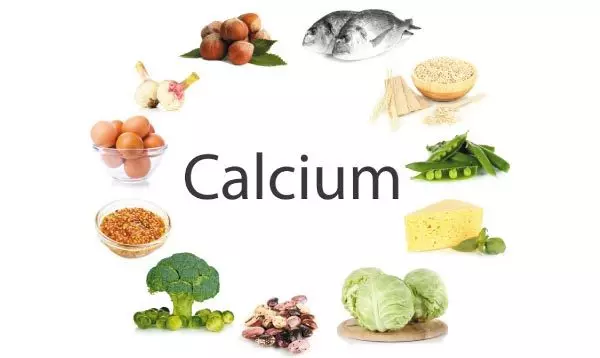






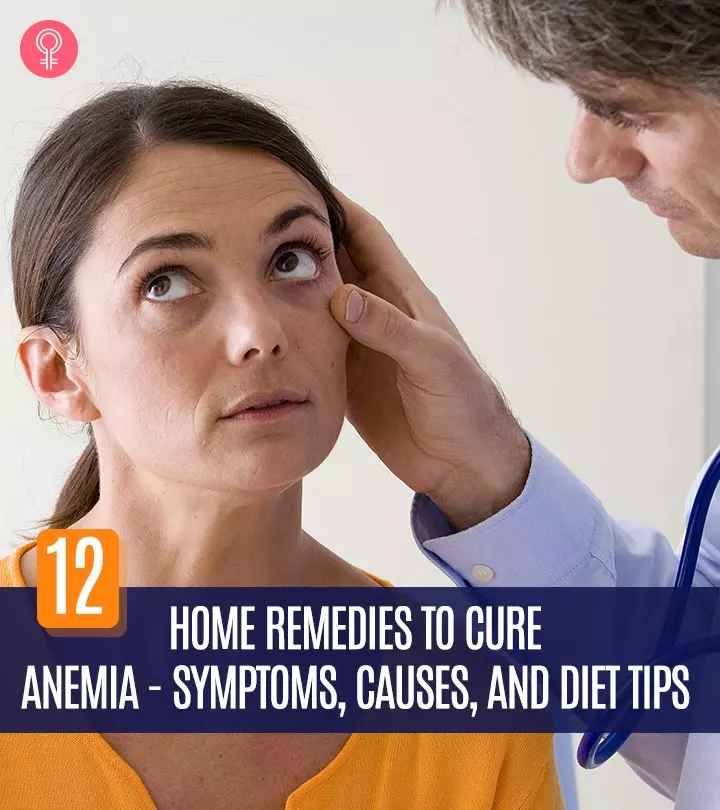



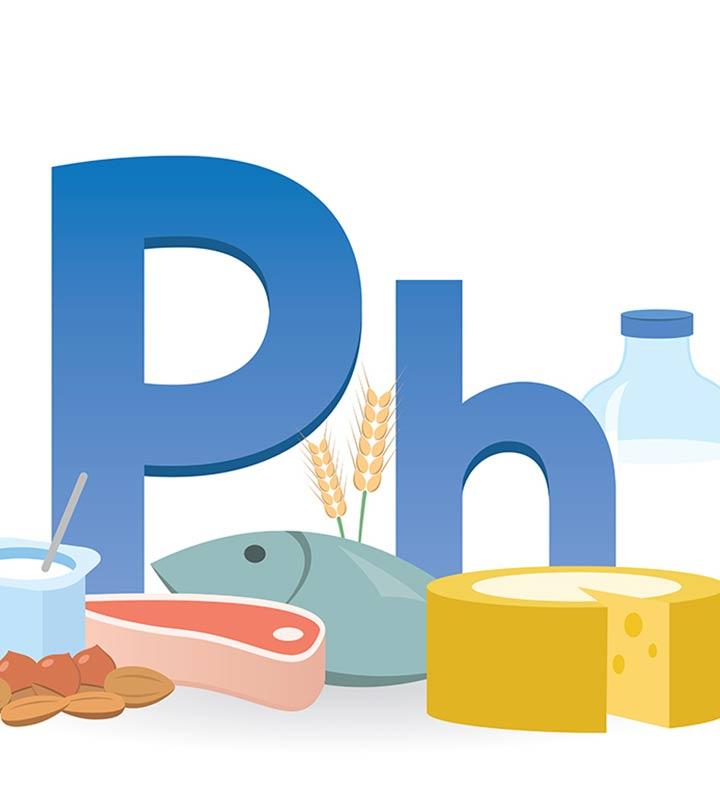
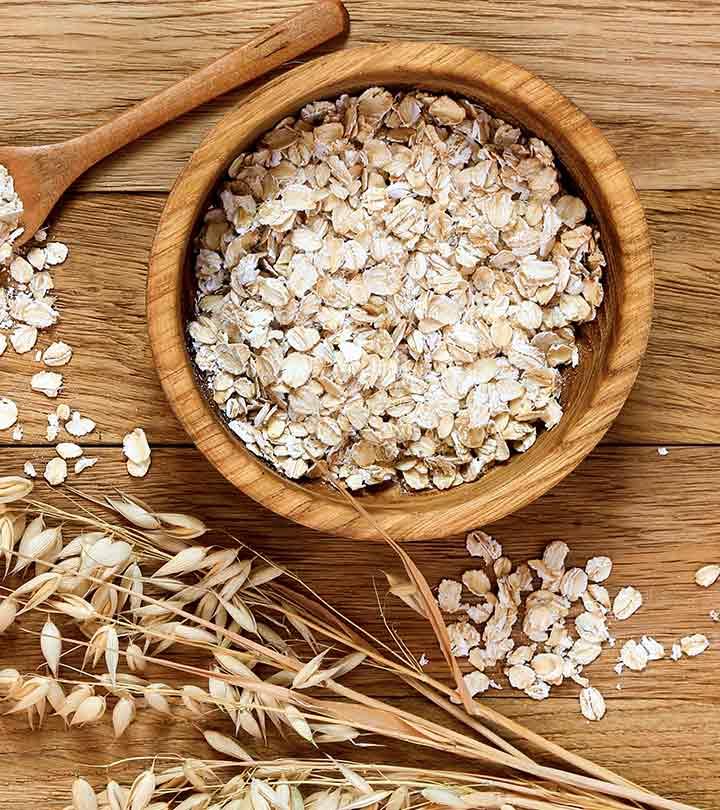










Community Experiences
Join the conversation and become a part of our empowering community! Share your stories, experiences, and insights to connect with other beauty, lifestyle, and health enthusiasts.